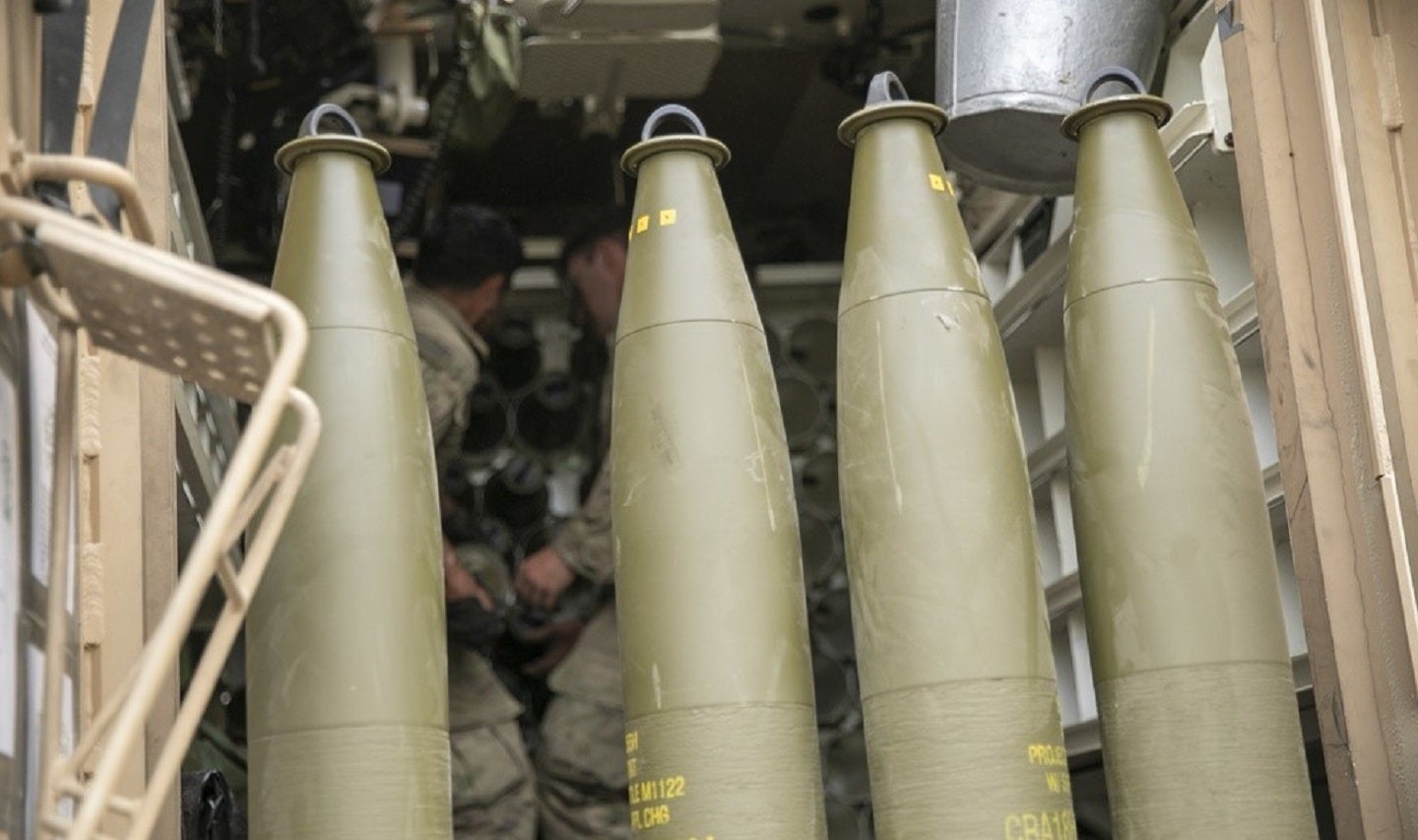
The German Bundeswehr has just issued a large-volume order for service and practice artillery ammunition worth around €1.3bn ($1.46bn). Both parties signed the two contracts at the Federal Office for Bundeswehr Equipment, Information Technology and In-Service Support in Koblenz.
Rheinmetall’s first contract is a new framework for the supply of 155mm artillery ammunition.
The second agreement extends an existing contract – representing an order volume of around €137m – for DM121 ammunition; these are high-explosive shells used for training and exercise purposes. This modification contract increases from €109m to a total of €246m.
Altogether, the scope of delivery encompasses several hundred thousand shells of various types, including fuses and propelling charges. Set to run until 2029, the new framework contract represents potential order volume of around €1.2bn.
The first delivery for service and practice ammunition from the framework latest contract for 155mm artillery ammunition came as soon as the contract was signed. Delivery of shells worth €127m is due take place shortly.
Rheinmetall’s ammunition
Rheinmetall’s family of artillery ammunition includes, among other ordnance, the high explosive DM121; the DM125 smoke/obscurant shell; the DM121 SMArt search-fused round (jointly developed with Diehl Defence); as well as the RH68 practice version and the range-optimised RH1901 and RH1902 smoke/obscurant shells.
The contractor’s product portfolio also encompasses the versatile Assegai family of 155mm artillery ammunition made by Rheinmetall Denel of South Africa. It includes insensitive munitions; conventional high explosive rounds; as well as smoke/obscurant, illumination, infrared illumination, and other shells.
With its boat tail and base bleed configurations, the Assegai family displays a ballistic equilibrium, ensuring that the entire ammunition spectrum can be used at its maximum effective range of approximately 40km. Under the framework contract, the Bundeswehr will be introducing the tried-and-tested Assegai ammunition family.
Nato’s ammunition ambitions
The framework contracts will help to assure a secure supply of ammunition to the armed forces of Germany and other Nato nations, enabling better planning of production processes and optimum utilisation of capacity.
Lately, Europe has shown concern over their sustainment of ammunition production for themselves and Ukraine on an indefintie basis.
As opposed to Europe’s longstanding policy of responding to demand after the fact, the continent is beginning to make efforts to sustain output.
For example, the EU has passed its Act in Support of Ammunition Production. This mobilises €500m to support Europe’s constrained ammunition and missile suppliers.
Defence companies have been under pressure to meet new demands by a continent that is “mobilising for a different paradigm”, according to Mike Mews, the Director of UK Sales and Business Development at MBDA, Europe’s leading weapon systems supplier.



